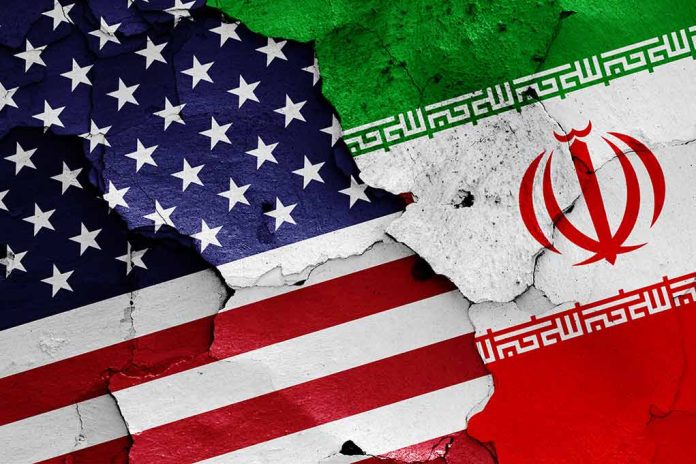
Iran’s foreign minister’s visit to Moscow marks a pivotal moment in rekindling nuclear talks with the U.S., hinting at potential diplomatic breakthroughs.
Key Takeaways
- Iranian Foreign Minister Abbas Araghchi will consult with Russian Foreign Minister Sergei Lavrov on the U.S. nuclear negotiations.
- The U.S.-Iran discussions have been described as “positive” and “constructive,” with Oman playing a mediating role.
- The 2015 nuclear deal aimed to prevent Iran from building an atomic bomb while allowing a civil nuclear program.
- Russia and China have been engaging with Iran regarding its nuclear program.
Iran’s Diplomatic Initiative
Iran’s Foreign Minister Abbas Araghchi is scheduled to meet with Russia’s Foreign Minister Sergei Lavrov to discuss ongoing nuclear negotiations with the United States. The meeting highlights Iran’s strategic approach to involve key international players in its dialogue with the U.S. By consulting with Russia, a notable ally and signatory to the 2015 nuclear accord, Iran aims to leverage Russia’s influence to facilitate a favorable outcome in the negotiations. Such diplomatic maneuvering underscores Iran’s commitment to resolving the nuclear impasse while securing its national interests.
The interactions between Iran and the U.S. have been described as both “positive” and “constructive,” facilitated by Oman as a mediator. This constructive dialogue builds hope for overcoming past deadlocks and achieving progress in the relations between the two countries. Iran’s engagement with Moscow further signifies a collaborative strategy to discuss critical issues like the verification of Iran’s nuclear enrichment program, which remains a central aspect of any future agreement.
Iran's foreign minister is to visit ally Russia this week to discuss nuclear negotiations with the United States, ahead of a new round of talks between the foes planned for Rome. Full story: https://t.co/vY4XUQHrah pic.twitter.com/KdVaR4s8uj
— AFP News Agency (@AFP) April 14, 2025
Russia’s Role and Strategic Interests
Russia and China have actively engaged with Iran regarding its nuclear program, advocating for continued diplomatic solutions amid international concerns. Both Russia and China seek to ensure regional stability while maintaining their strategic interests in the Middle East. As a key ally, Russia’s collaboration with Iran could expedite the diplomatic process and influence potential outcomes of negotiations. Meanwhile, the talks emphasize ensuring transparent verification measures within Iran’s nuclear activities to address international suspicions.
UN nuclear watchdog chief Rafael Grossi’s planned visit to Tehran further underscores the critical nature of these diplomatic efforts. His presence signals a unified call from the international community for a peaceful resolution to the ongoing nuclear challenges posed by Iran’s program. This visit is expected to support transparency in the nuclear discussions and encourage a path to potential agreements that respect all parties’ security considerations.
Potential Outcomes of Renewed Negotiations
The upcoming rounds of negotiations hold promise for potential breakthroughs in U.S.-Iran relations, continuing a dialogue that impacts global political dynamics. By concentrating on the nuclear issue and the removal of economic sanctions, Iran demonstrates its intent to rebuild its economy and reinforce regional stability. These talks reflect a persistent effort to navigate complex geopolitical challenges while prioritizing peace and diplomacy.
The location for the next round of talks is still under deliberation, although Rome is a potential venue. However, Iran has expressed a preference for Geneva, which reflects mixed signals ahead of negotiations. As Iran intensifies diplomatic endeavors, it seeks to transform threats into opportunities, achieving lasting solutions that benefit all stakeholders involved.


